The retail landscape has dramatically shifted over the years, witnessing the rise and fall of many iconic stores that once defined consumer culture.
This article explores the stories of 20 beloved retailers that, due to various challenges such as competition, bankruptcy, or changing consumer habits, have either closed their doors or drastically transformed their business models. Join us as we reminisce about these stores that left a lasting impact on shoppers across America.
20. Lord & Taylor

Founded in 1826, Lord & Taylor was America’s oldest department store until its closure in 2021. Known for high-quality merchandise and iconic holiday window displays, it pioneered female leadership in retail. The store’s demise marked the end of an era in American shopping, leaving a void in the retail landscape.
19. Modell’s Sporting Goods
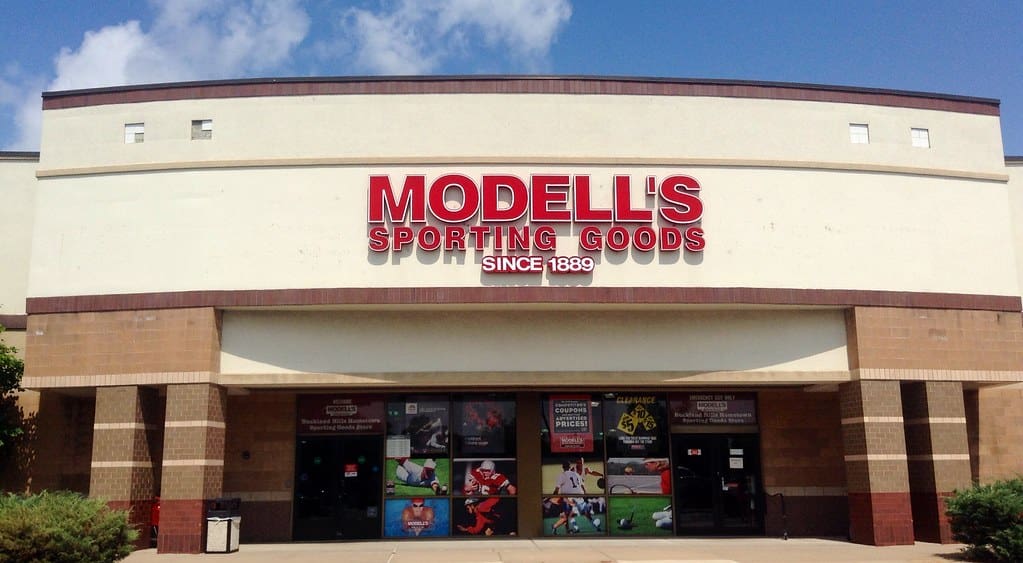
Founded in 1889, Modell’s was a family-owned sporting goods retailer that operated for 131 years. Known for its “Gotta Go to Mo’s” slogan, the chain filed for bankruptcy in March 2020, closing all 153 stores. In August 2020, Retail Ecommerce Ventures acquired Modell’s assets, relaunching it as an online-only brand.
18. Dressbarn
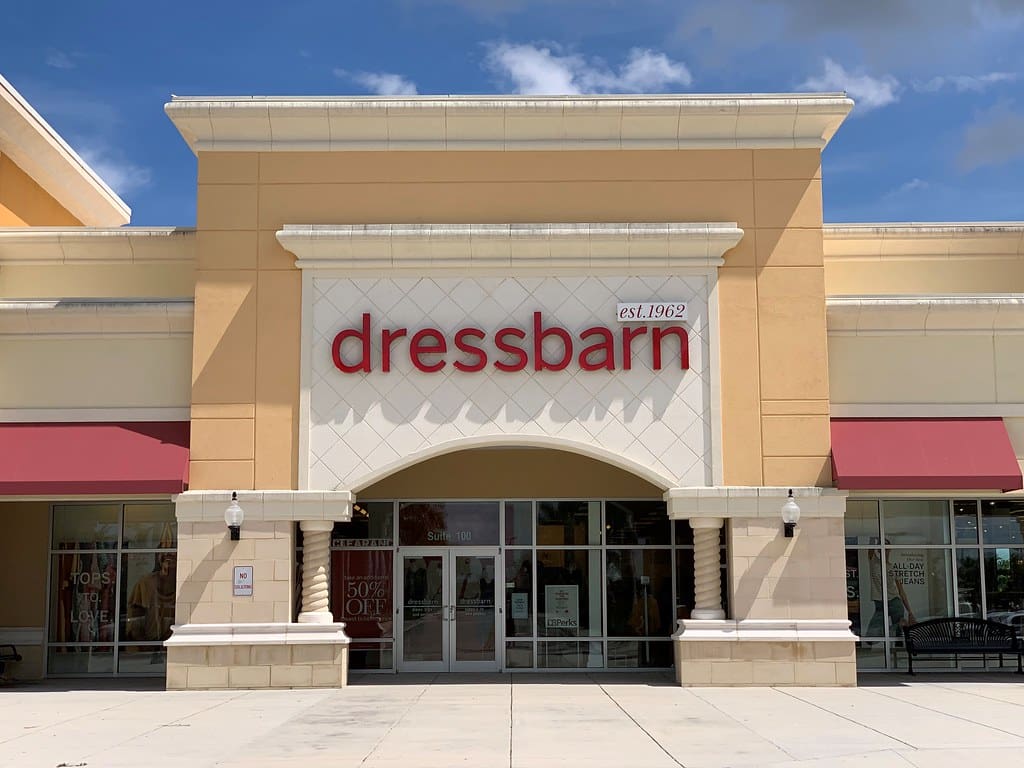
Dressbarn, founded in 1962, was a beloved women’s clothing retailer known for affordable workwear and casual attire. After closing all 650 physical stores in 2019, the brand was acquired by Retail Ecommerce Ventures and relaunched as an online-only retailer. Despite its digital presence, many still miss the in-store experience and personal service Dressbarn once provided.
17. Stein Mart

Founded in 1908, Stein Mart grew from a single Mississippi store to a nationwide discount fashion retailer. Known for offering designer labels at up to 60% off department store prices, it expanded to nearly 300 locations across 30 states. Sadly, changing shopping patterns and COVID-19 led to its bankruptcy and closure in 2020, ending a 112-year retail legacy.
16. Fry’s Electronics
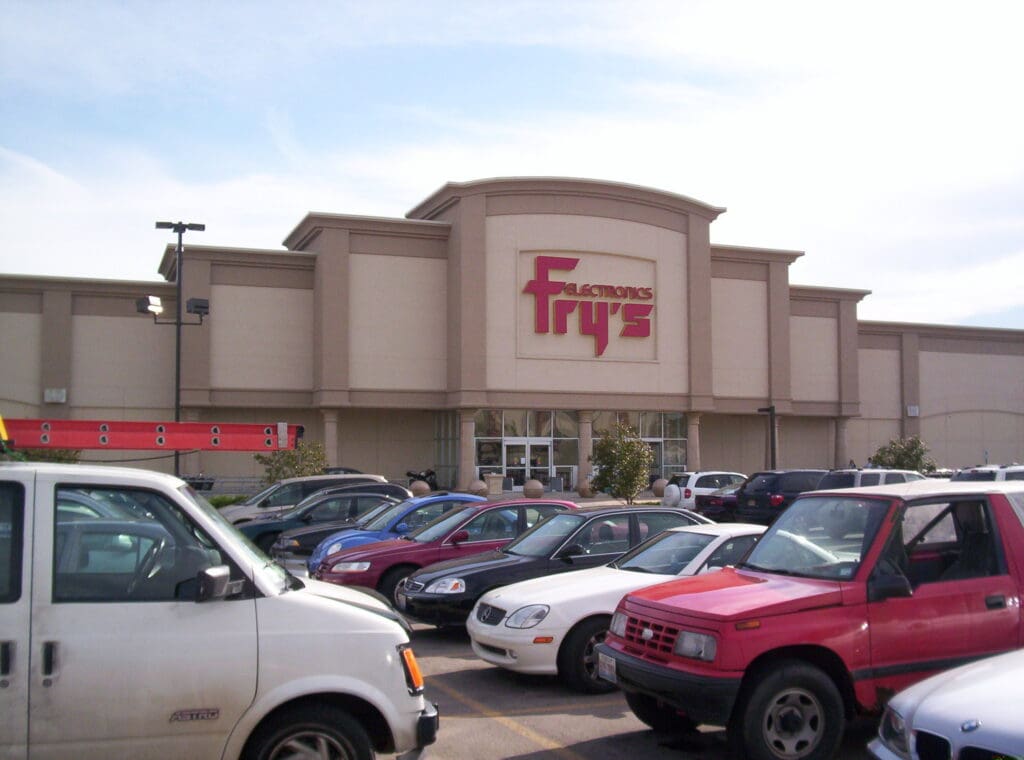
Fry’s Electronics, known for its quirky store themes and vast tech offerings, closed all 31 stores in 2021 after 36 years. The chain was a haven for Silicon Valley professionals and tech enthusiasts, offering everything from computer parts to snacks. Its sudden closure marked the end of an era in electronics retail.
15. Sports Authority
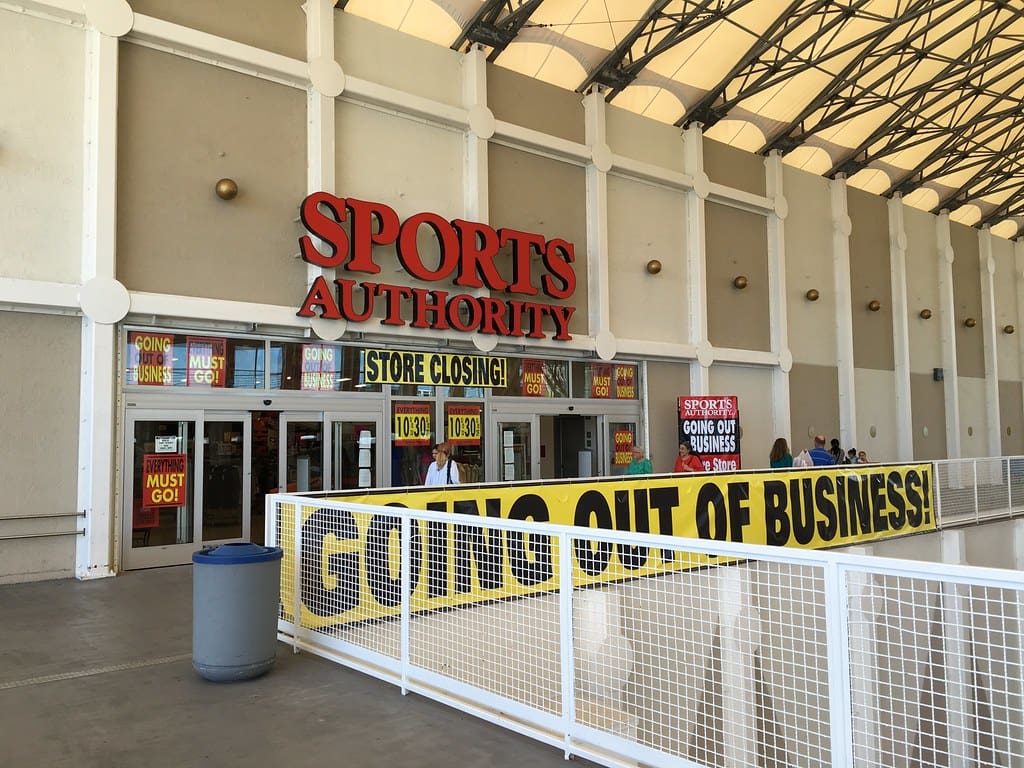
Sports Authority, once the largest sporting goods retailer in the U.S., filed for bankruptcy in 2016 after 29 years in business. At its peak, it operated over 460 stores nationwide. The company’s demise was attributed to heavy debt, increased competition from online retailers, and failure to adapt to changing consumer preferences.
14. Gander Mountain
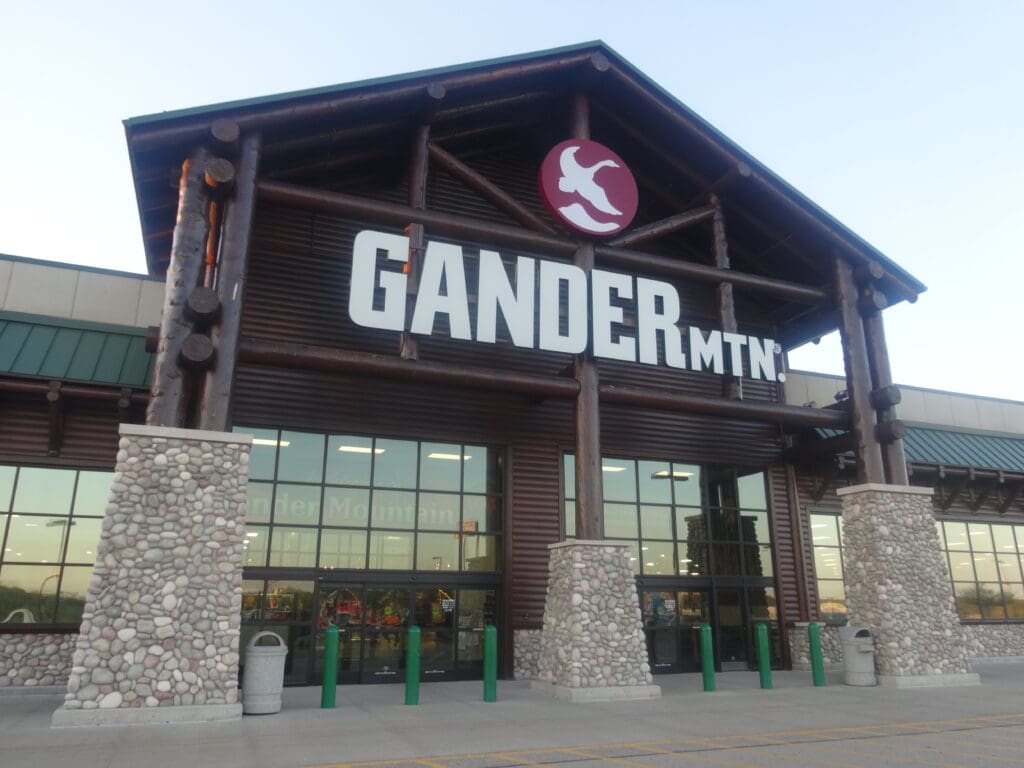
Gander Mountain, once a beloved outdoor retailer, filed for bankruptcy in 2017. Though briefly revived as Gander Outdoors, most locations closed by 2020. Outdoor enthusiasts miss its vast selection of hunting, fishing, and camping gear. The company’s demise highlights the challenges faced by specialty retailers in the digital age.
13. Sharper Image

Founded in 1977, Sharper Image was the go-to store for quirky gadgets and high-tech novelties. From massage chairs to air purifiers, it offered unique products that captured the imagination of tech enthusiasts. Despite its popularity, the company filed for bankruptcy in 2008 due to litigation and financial struggles. Today, the brand lives on as an online retailer, but the iconic stores are sorely missed.
12. Payless ShoeSource
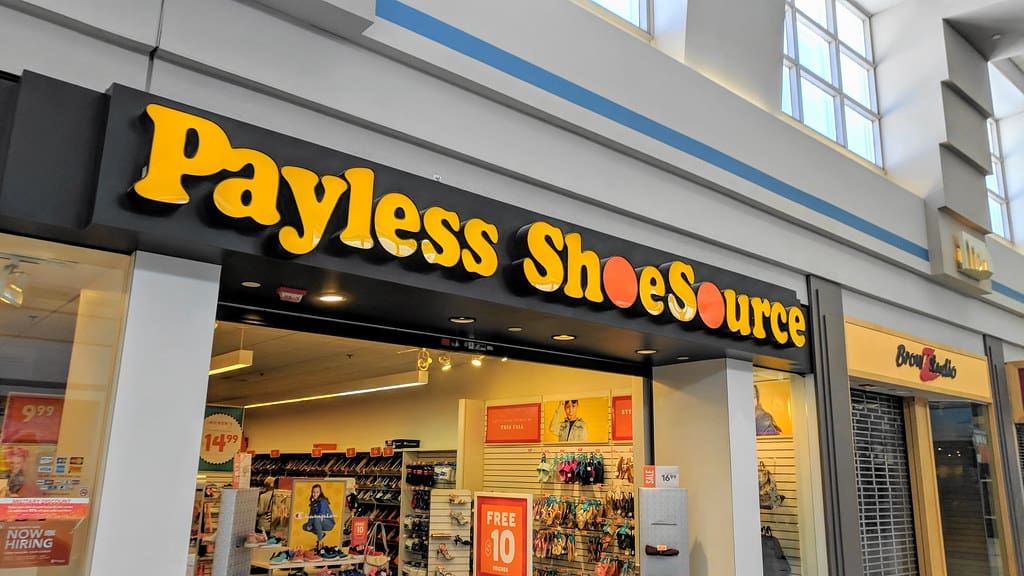
Payless ShoeSource, founded in 1956, was a beloved discount footwear retailer known for affordable shoes. After filing for bankruptcy in 2019, it closed all 2,100 U.S. stores. However, the brand has since relaunched its e-commerce platform and plans to open 300-500 new stores in North America over the next five years.
11. Pier 1 Imports

Pier 1 Imports, known for its unique home decor and furniture, filed for bankruptcy in 2020 and closed all physical stores by October of that year. The brand was acquired by Retail Ecommerce Ventures and relaunched as an online-only retailer, continuing to offer its signature globally-inspired products to loyal customers.
10. Linens ‘n Things
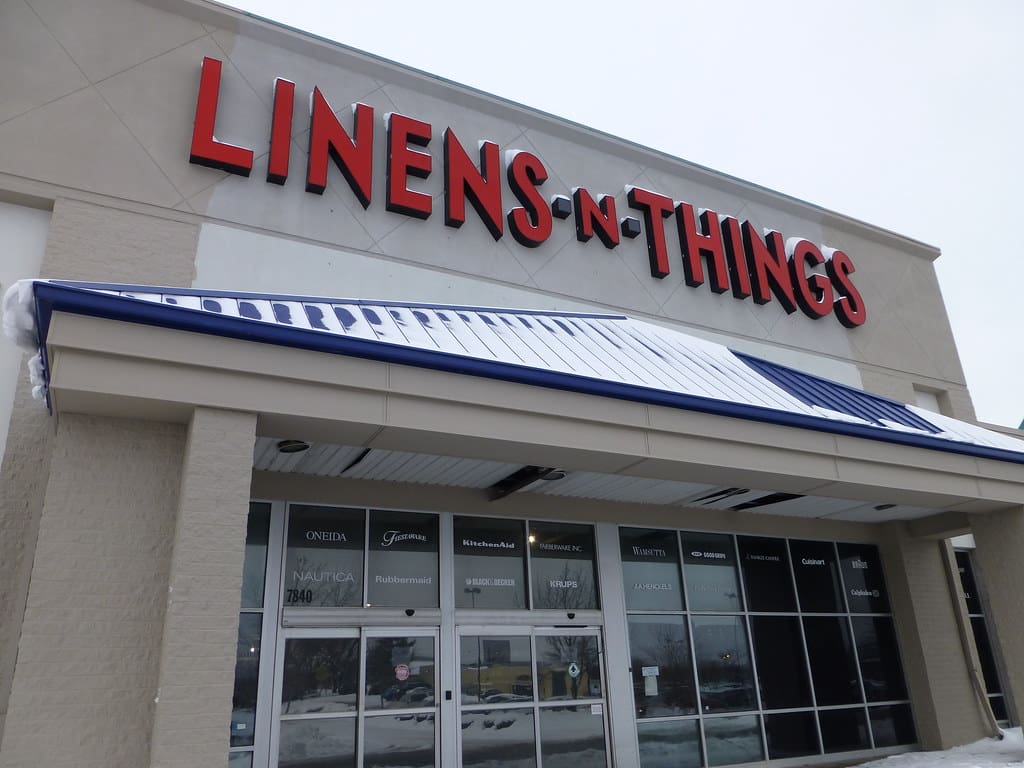
Linens ‘n Things, once a major home goods retailer, filed for bankruptcy in 2008 after struggling with debt and competition. The chain closed all 571 stores across the U.S. and Canada, leaving a void in the home textiles market. Though briefly revived as an online-only retailer, it ceased operations again in 2018, disappointing loyal customers who cherished its wide selection and competitive prices.
9. KB Toys
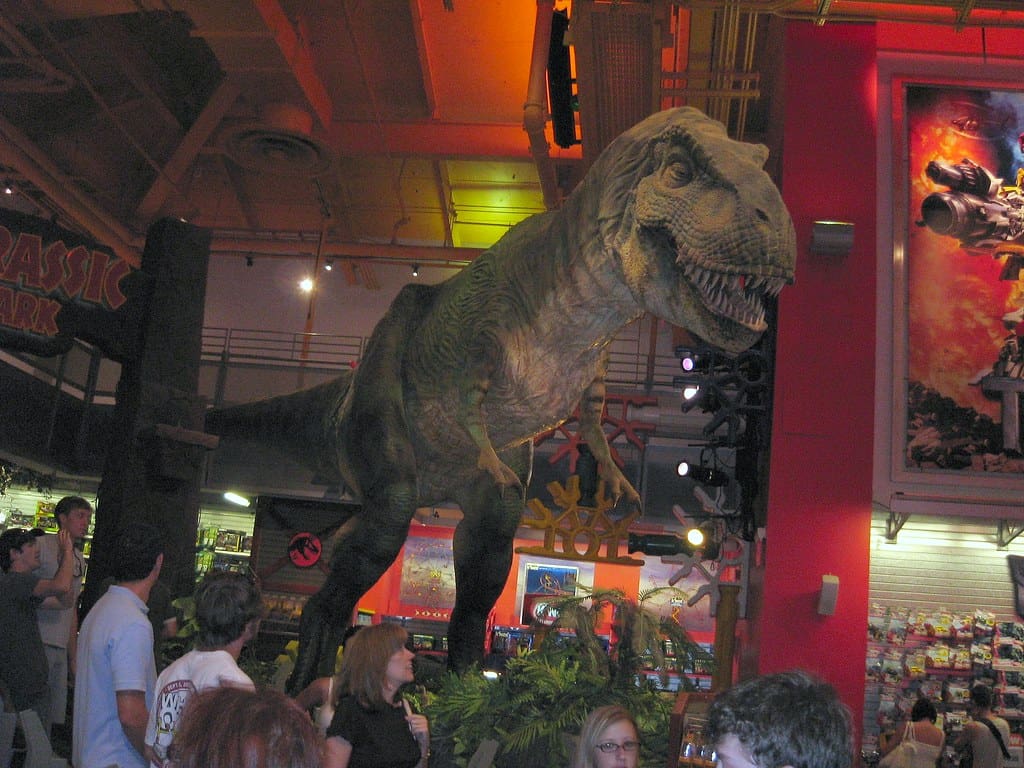
KB Toys, once the second-largest toy retailer in the U.S., began as a candy wholesaler in 1922. It expanded to 1,324 stores by 1999 before facing bankruptcy in 2004 and 2008. Despite attempts at revival, KB Toys closed all stores in 2009, leaving nostalgic memories of its mall-based locations and popular toy selections.
8. Tower Records
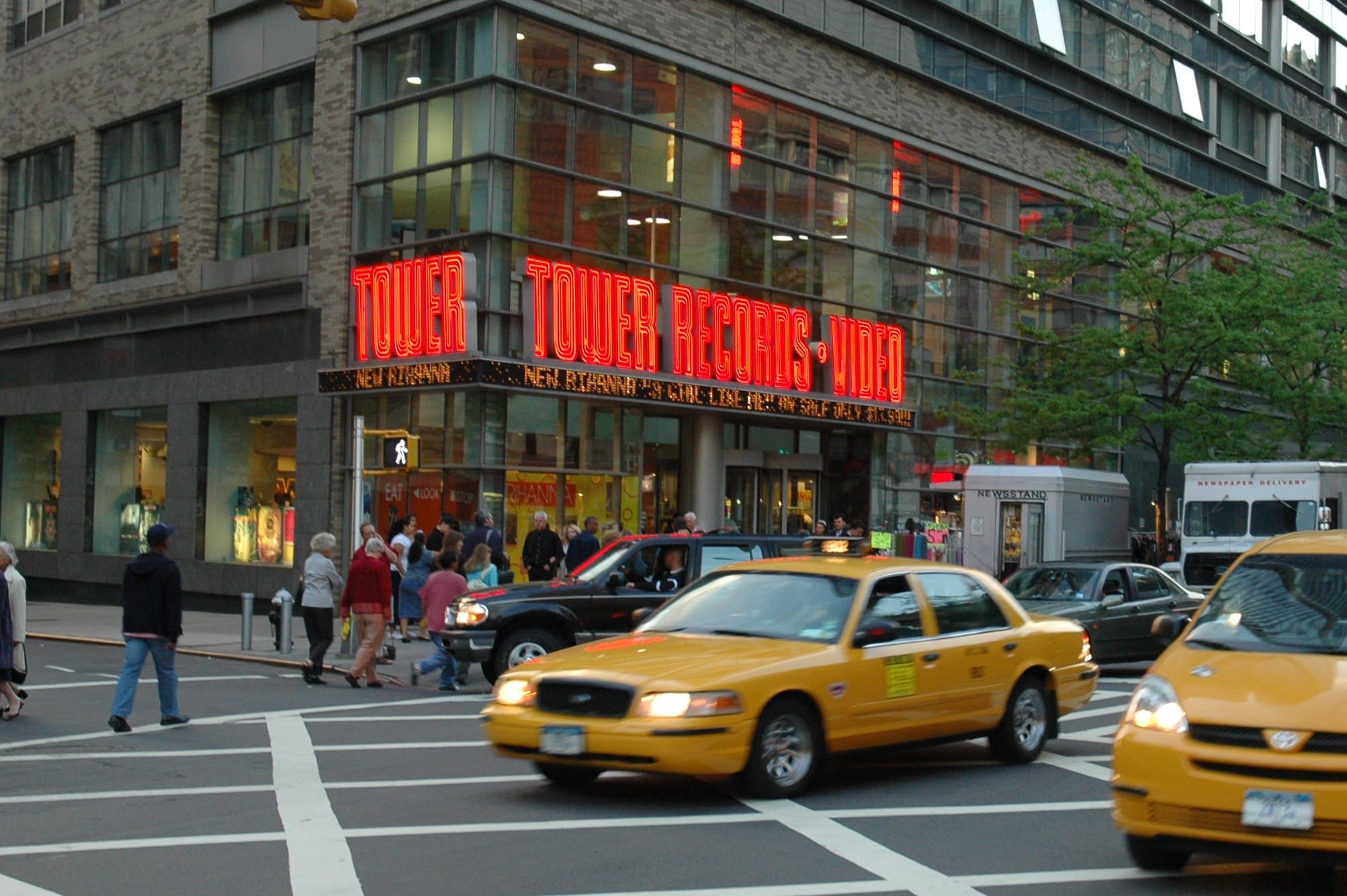
Tower Records, founded in 1960, was a beloved music retail chain known for its vast selection and knowledgeable staff. The company expanded globally but faced challenges with the rise of digital music and online retailers. Despite attempts to adapt, Tower Records filed for bankruptcy in 2006, closing its iconic stores and leaving music enthusiasts nostalgic for the unique browsing experience it offered.
7. Montgomery Ward

Founded in 1872, Montgomery Ward pioneered mail-order retail before expanding into brick-and-mortar stores. Known for its iconic catalogs and affordable merchandise, the company thrived for over a century. Despite attempts to modernize, Ward’s filed for bankruptcy in 2000, closing its remaining 250 stores and ending a 128-year legacy in American retail.
6. Woolworth’s
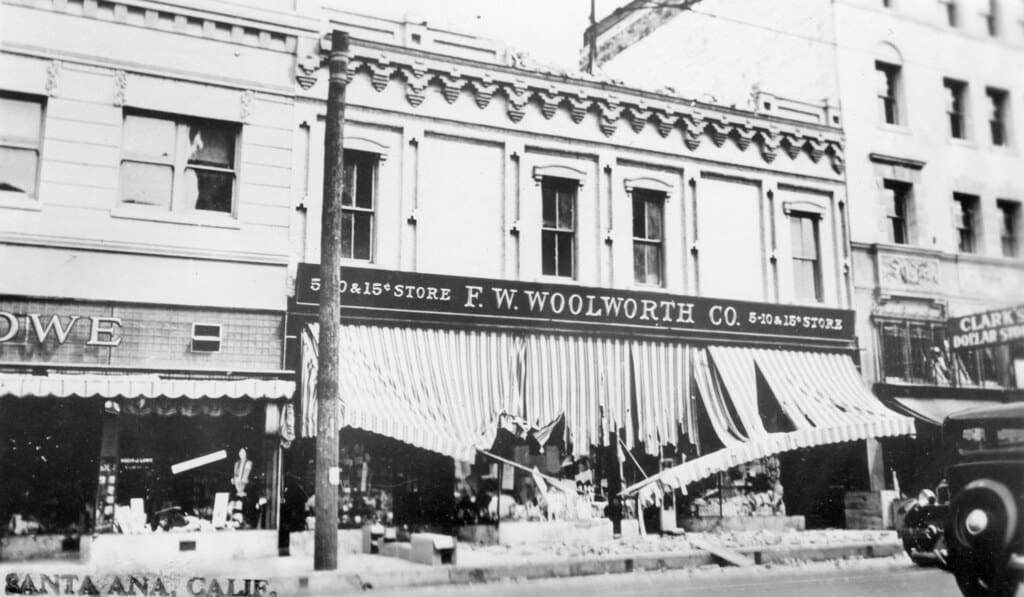
Woolworth’s pioneered the five-and-dime store concept, revolutionizing retail with fixed prices and self-service shopping. Founded in 1879, it grew into the world’s largest department store chain by 1979. Despite its innovative history, Woolworth’s struggled to adapt to changing consumer habits and closed its last U.S. store in 1997, leaving behind a legacy of affordable shopping and iconic lunch counters.
5. RadioShack
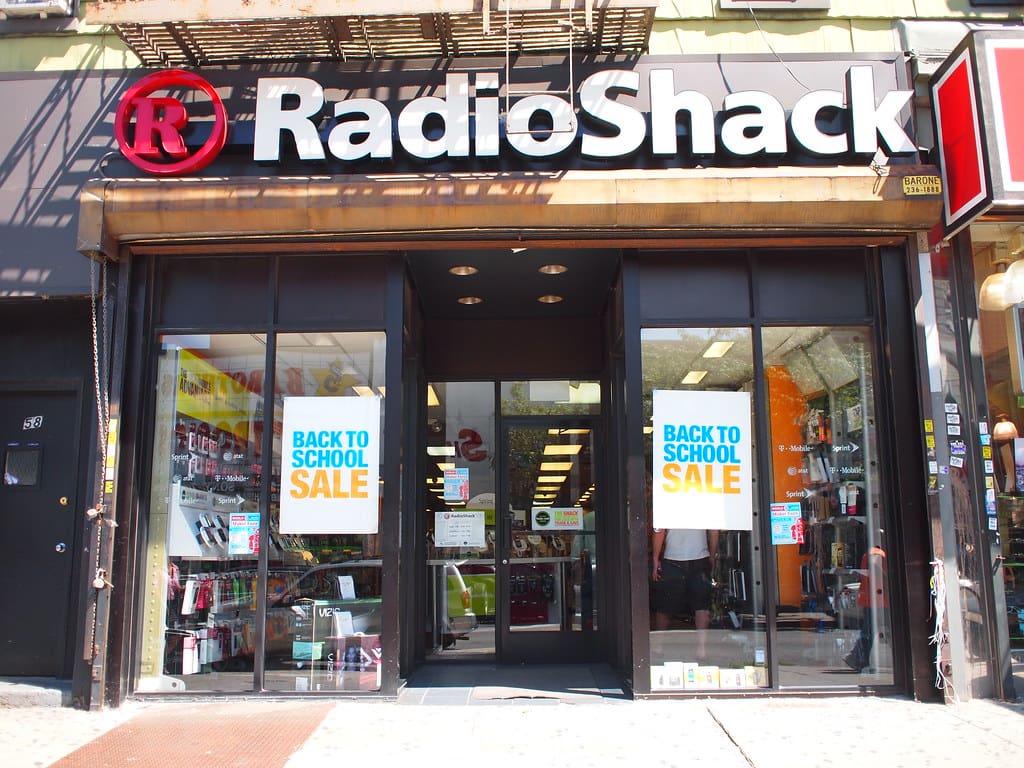
While RadioShack isn’t completely gone, it’s a shadow of its former self. Once a ubiquitous electronics retailer with over 8,000 stores, it filed for bankruptcy in 2015. Today, it operates primarily online with about 500 independently owned stores. In 2023, Unicomer Group acquired the brand, aiming to revitalize its presence with new products and e-commerce initiatives.
Read More: 10 Retro Toys That Would Never Get Released Today
4. Borders Books
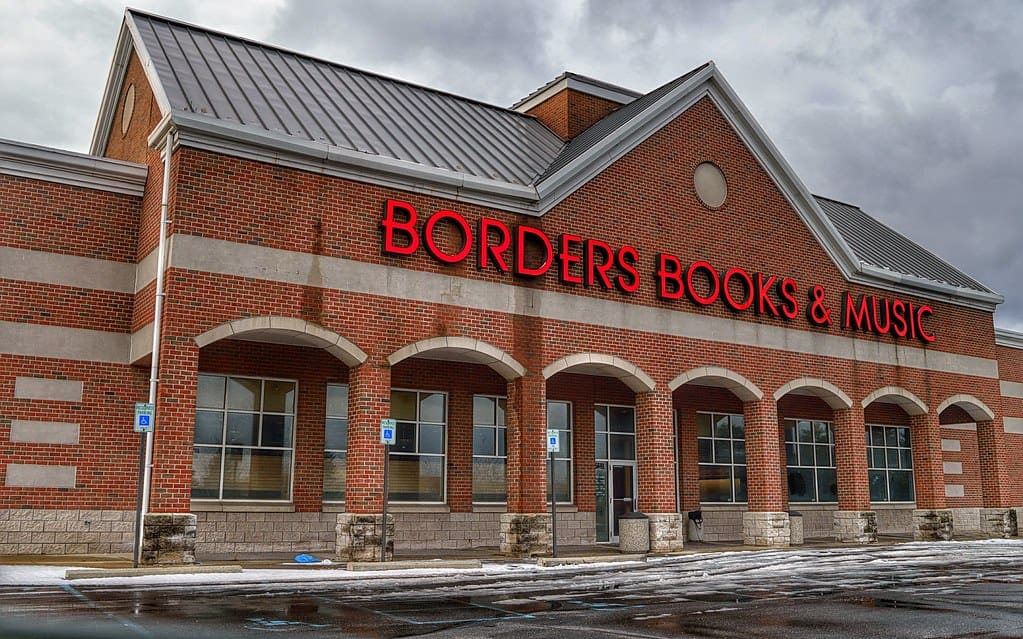
Borders Books, once a beloved bookstore chain, closed its doors in 2011 after filing for bankruptcy. Known for its vast selection, cozy atmosphere, and in-store cafes, Borders failed to adapt to the digital age and e-commerce trends. Its demise left book lovers mourning the loss of a favorite browsing spot and community gathering place.
Read More: Top 15 Online Shopping Sites for Bargain Hunters
3. Circuit City

Circuit City, once a dominant electronics retailer, closed its doors in 2009 after 60 years in business. Known for its knowledgeable staff and wide selection, the chain pioneered the big-box electronics store format. Despite attempts to reinvent itself, Circuit City succumbed to competition from Best Buy and online retailers, leaving a nostalgic void for tech enthusiasts.
Read More: Heads Up! These Restaurants Are Closing!
2. Blockbuster Video
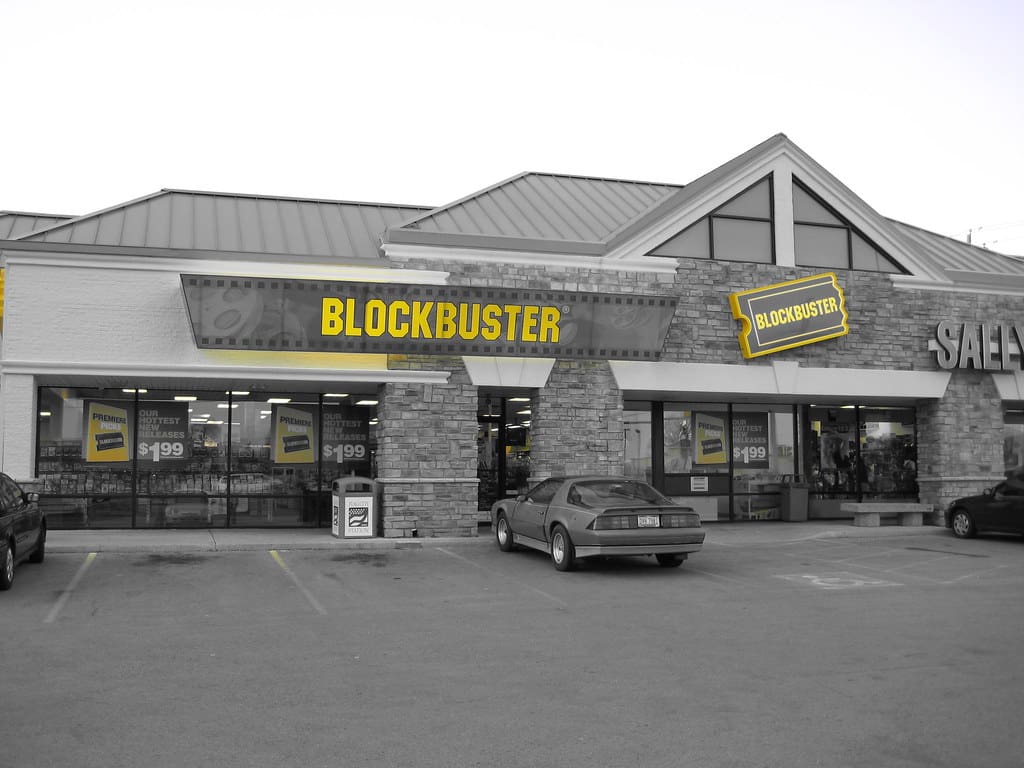
Blockbuster Video dominated the home entertainment industry in the 1990s and early 2000s, with over 9,000 stores worldwide. The rise of streaming services led to its downfall, with the company filing for bankruptcy in 2010. Today, only one Blockbuster store remains in Bend, Oregon, serving as a nostalgic reminder of movie nights past.
Read More: 30 Nostalgic Stores We Miss
1. Toys “R” Us
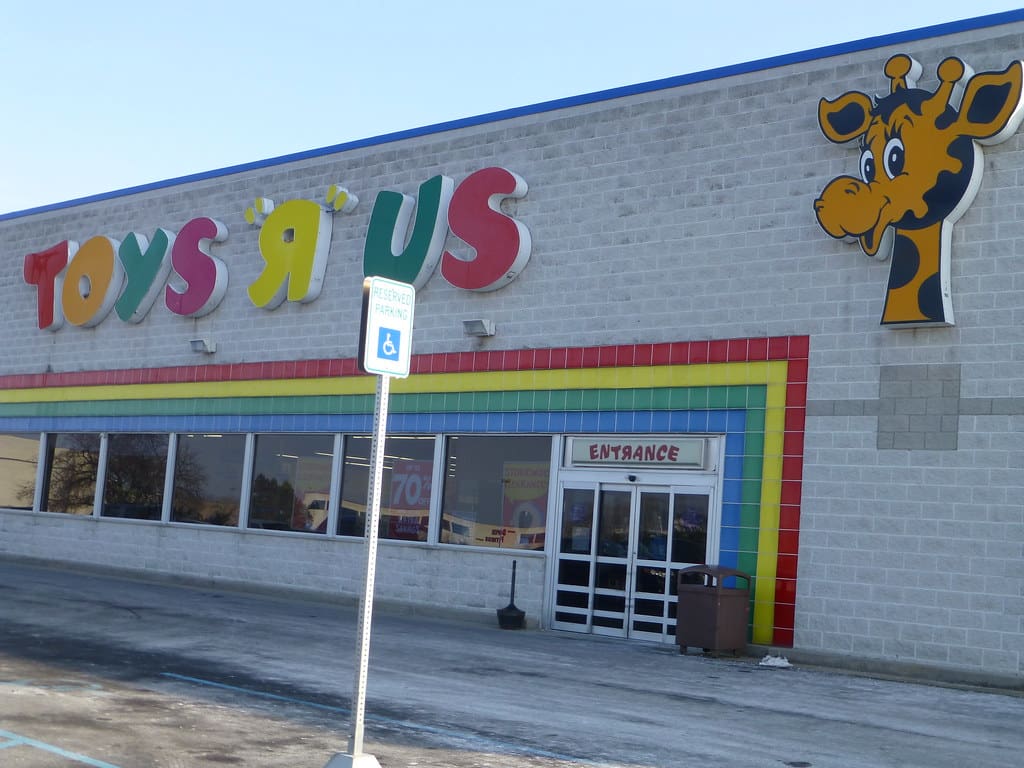
Toys “R” Us, the beloved toy retailer, closed its U.S. stores in 2018 but is making a comeback. The company plans to open 24 new flagship stores across the country in 2024, along with locations in airports and on cruise ships. This revival aims to recreate the magical toy shopping experience for a new generation.
Read More: These 20 Stores Might Not Make it to 2025
